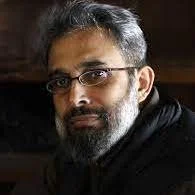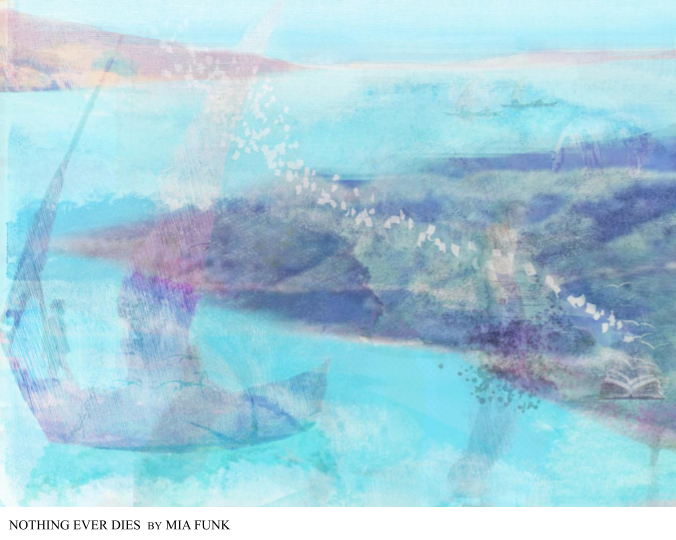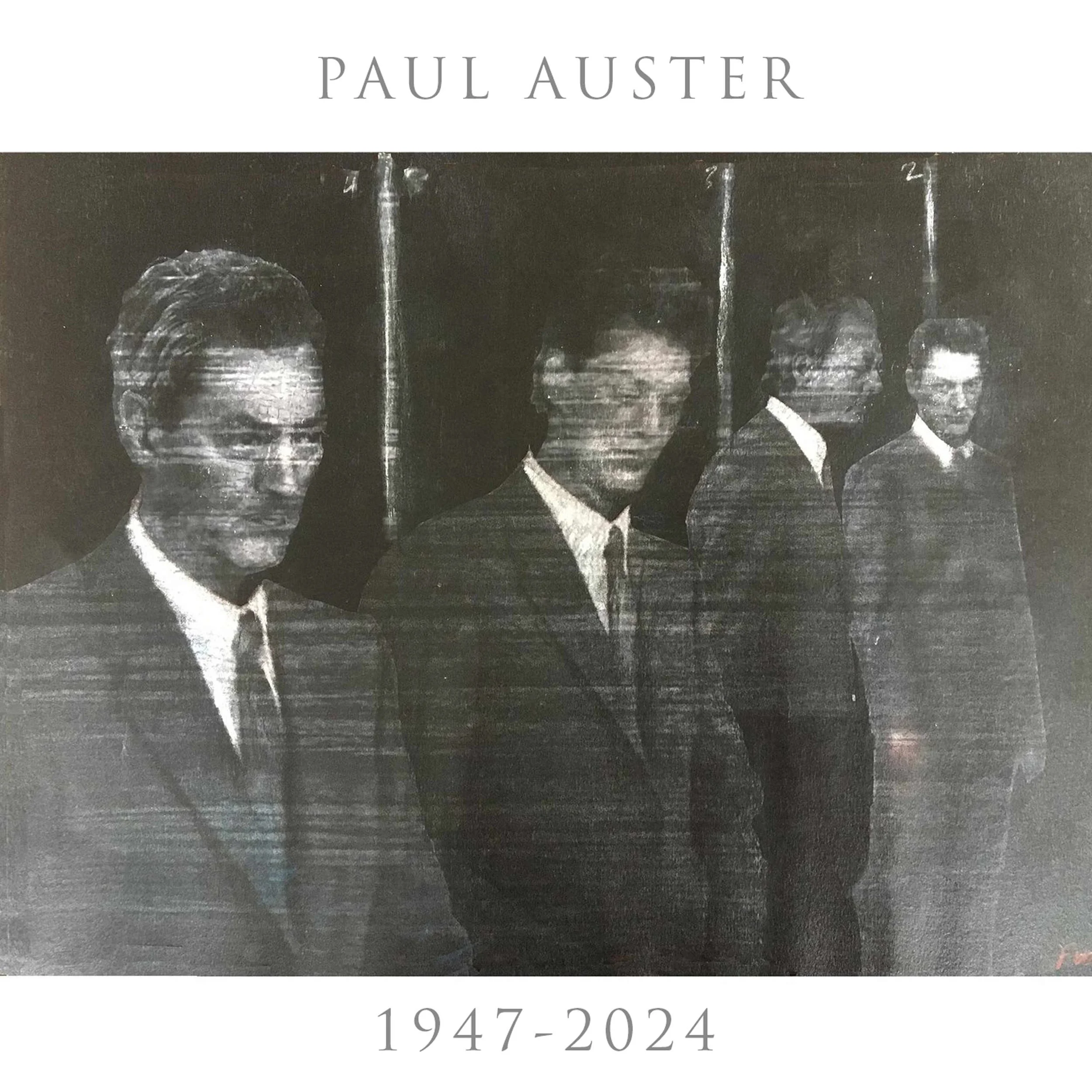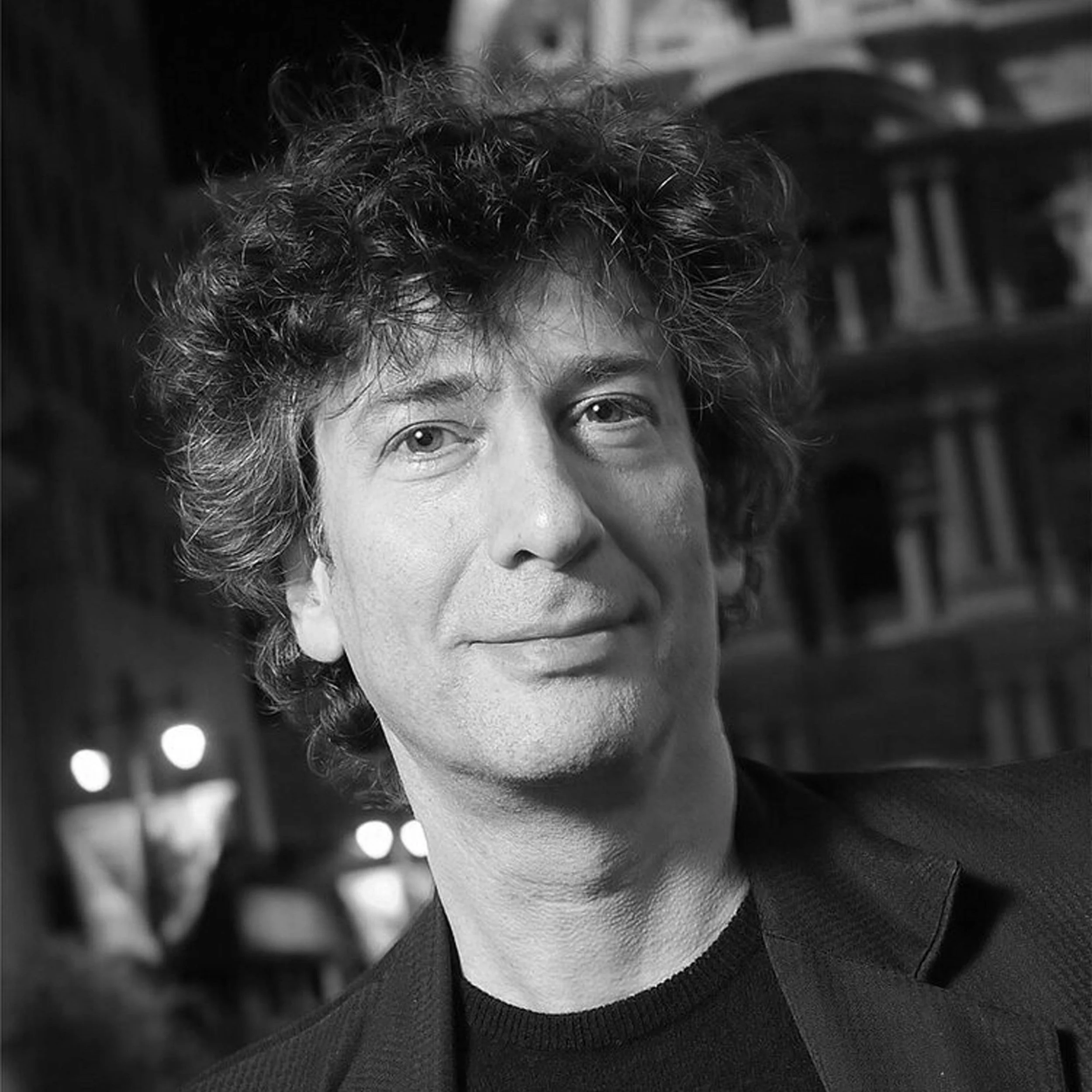The Storyteller of Marrakesh w/ Novelist Joydeep Roy-Bhattacharya - Highlights
/Joydeep Roy-Bhattacharya was educated in politics and philosophy at Presidency College, Calcutta, and the University of Pennsylvania. His novels The Gabriel Club and The Storyteller of Marrakesh have been published in fourteen languages. He lives in the Hudson Valley in upstate New York.
This interview took place in the Cemetary Montparnasse near the graves of Jean-Paul Sartre and Simone de Beauvoir.
THE CREATIVE PROCESS
I am thinking about your background in philosophy. I'm wondering do you start from a character and find your way to a theme or work from the theme to character?
JOYDEEP ROY-BHATTACHARYA
Five years ago I decided that because there is so much misunderstanding of the Muslim world and so much misinformation about the Muslim world that I needed as a writer to try to do something that one can do–in terms of creative writing, in terms of fiction–that one cannot do in terms of journalism or in terms of polemic essays, which is to introduce the lay reader to a world that is significantly different from the Western world but also significantly similar in terms of fundamental human qualities. So I decided to write three novels with a more or less peaceful aspect, focusing on components that make the Muslim culture, culturally unique. And then three novels that dealt specifically with the last fourteen years of experience of war. So in terms of the set of three cultural novels, for the first one I wrote a novel based around a storyteller in Marrakesh. The title for that novel was The Desert of Lovebecause it grew on the Sufi theme of love, which means the abnegation of the self, which means complete surrender.
THE CREATIVE PROCESS
It had another title as well?
ROY-BHATTACHARYA
The Storyteller of Marrakesh. In the U.S. Publishers are very conservative when it comes to titles. I am working on a very large book now, which is book two in the trilogy which is not... you know they're each unique novels. This is set in Iran, and it deals with painting and calligraphy. And the final novel in the cultural set will be set in Abbasi, Baghdad in the 9th century and will deal with basically what you and I do, the world of books. Because so many institutions that are part of publishing in the West today started in Abbasi, Baghdad. Book readings, book cafes, paperbacks, libraries, patronage of writers by publishers. So those are the three novels that deal with cultural aspects and are set in different parts of the Muslim world. In terms of war and the last fourteen years, I began with Antigone because I've always been enormously attracted to both the character and the theme, and I always saw that set of three novels as a connected trilogy.
So I'm just about to finish and deliver the prequel to Une Antigone à Kandahar. The middle book, which is The Watch[Une Antigone à Kandahar] presents both in this case; the Afghan and American points of view, with my stepping out of the picture because all these three novels are novels in voices following the greek choral pattern. In other words, each chapter is in a different voice. The prequel is entirely from the Afghan point of view. It has six Pashtun women belonging to three different generations, and one of the women is the Antigone character in the book that has just come out. So it is she, her mother, her grandmother, her sisters, her sister in law and the impact forty years of war in that country has had on a very rich and yet, in terms of the impact of war and modernity, very fragile tribal culture.
The final book, the sequel to Antigone, book three in that set, is going to be entirely from the American point of view. It’s based partly on the play Ajax and it addresses the question of what happens when these very young men, who have been sent into a foreign land to kill and be killed, come back home and are expected to seamlessly merge back into a very, very different civilian culture. So that is my project. In terms of a political point of view, I am being very deliberately objective in terms of the war trilogy because I want to let the voices speak for themselves. Therefore, it's important for me to give voice to every kind of expression in the political spectrum. So some of these voices will have opinions and ideas I do not agree with, but I let the reader decide on the basis of the story and on the basis of what they are being told by these voices where he or she stands. I believe we are in a period of perpetual war, that it is completely unnecessary, but that it is required for the economy of the West, especially in the United States, but also I notice in France. The defence industry is incredibly powerful and also probably the only industry that is actually making an old-fashioned capitalist profit.
THE CREATIVE PROCESS
Yes, but it is funded as well. So you wonder if it would still be making such a profit if it weren’t funded.
ROY-BHATTACHARYA
It gets obscene amounts funding, in America at least, but it also makes obscene amounts of money. So, for instance, all of the combatants in Syria and Iraq today are using American weapons. Whether these weapons are captured, whether these weapons were initially supplied to a set of rebels on the expectation that they would be the good guys but turned out to be the bad guys and so forth. It is a tragedy that is comparable to the years that led up to the first World War because leadership seems to be entirely lacking, especially if you look at how the whole refugee crisis is being handled by Europe. In terms of the cultural set of three novels, my intention is much more to be an educator, to basically expose your lay reader in Paris or, I don't know, Marseilles or Lyon or Texas, to aspects of Islamic culture that I can guarantee you they have no idea about. And it is an enormously rich culture which served as the bridge between classical cultures in India, for instance, or Greece and the Western Renaissance. I'm not Muslim, but I felt an obligation, a moral obligation to educate myself and realized how little I knew about the world because, of course, like most urban educated literary elite from the Third World, my education was fundamentally Western, and at a rather late middle age I am now discovering the culture of the world I come from. And it’s been an absolute revelation because I had no idea it was so rich. And to that extent, the last fifteen years have been enormously rewarding for me because it has entailed a lot of research and a lot of reading that I probably wouldn't have done under the circumstances. Because I was, you know, I did my graduate work in German philosophy. And I think it happens to all of us. I think what is going on now is we are being forced to recognize that this paradigmatic Western civilization, what we are part of, that we have been indoctrinated with, has fundamental flaws. And the most fundamental flaw is this automatic assumption that everything coming from the West always came from the West, had no other origins, whereas it’s almost the opposite. If you look at the three religions of the book, they all came from the fourth religion of the book, which no one knows much about, which was the Avesta religion, which became the Zorastrianism. But the concept of good and evil, the idea of a prophet, the idea of angels, even something as little as the Christmas tree...
THE CREATIVE PROCESS
–it was all cannibalized and repackaged.
ROY-BHATTACHARYA
Absolutely, absolutely. And this is the kind of history that we are not made aware of because we are told a particular story. We are told a particular fiction. You know, there was Greece, there were the Dark Ages, there was the Renaissance, there was Enlightenment, and here we are–well, I guess at this point–postmodernity. While the dark ages in the West were actually not that dark because there was intense interaction with the Islamic world. And for the Islamic world during that period, that was the Golden Age.
With special thanks to Lethokuhle Msimang for editorial assistance.
Mia Funk is an artist, interviewer and founder of The Creative Process.




















